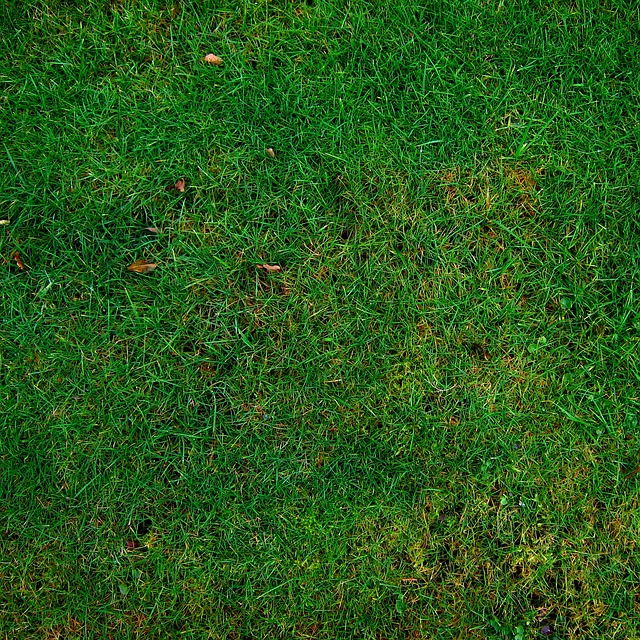Yard waste, if not managed responsibly, causes environmental harm through slow decomposition leading to methane emissions, contributing to climate change. Sustainable practices like recycling and composting reduce landfill waste, cut methane emissions, promote soil health, and decrease the need for synthetic fertilizers. Eco-friendly yard maintenance techniques such as composting, mulching, proper pruning, strategic planting, and reduced mowing foster healthier ecosystems, conserve water, and minimize greenhouse gas emissions, ultimately benefiting both gardens and the planet. Implementing Yard Waste Removal and Recycling ensures a greener, more vibrant landscape.
In today’s eco-conscious world, proper yard maintenance goes beyond aesthetics; it demands a sustainable approach to minimize environmental impact. This article explores the pressing issue of yard waste removal and recycling as a crucial step towards a greener future. We delve into the negative effects of unchecked yard waste, offering practical solutions for efficient, eco-friendly practices. From composting to innovative recycling techniques, discover how long-term benefits can be achieved while nurturing a sustainable landscape.
- The Impact of Yard Waste: Understanding the Problem
- Sustainable Solutions for Efficient Yard Maintenance
- Implementing Eco-Friendly Practices for Long-Term Benefits
The Impact of Yard Waste: Understanding the Problem

Yard waste, including grass clippings, leaves, and branches, has significant environmental implications if not managed properly. The problem lies in its potential to contribute to land pollution, especially when disposed of in landfills. Traditional yard waste removal methods often result in these organic materials decomposing slowly, releasing methane, a potent greenhouse gas. This not only exacerbates climate change but also creates additional strain on local waste management systems.
Implementing sustainable practices for yard waste management is essential. Recycling and composting are game-changers that transform these byproducts into valuable resources. By recycling yard waste, we can reduce the volume of waste sent to landfills, minimize methane emissions, and foster a healthier environment. Moreover, utilizing composted materials in gardening and landscaping promotes soil fertility, reduces the need for synthetic fertilizers, and contributes to a more sustainable ecosystem.
Sustainable Solutions for Efficient Yard Maintenance

Sustainable solutions can transform yard maintenance into an eco-friendly practice that benefits both your outdoor space and the environment. Instead of relying on traditional methods that contribute to yard waste, consider implementing reusable strategies. Composting is a powerful tool for recycling organic matter such as leaves, grass clippings, and food scraps, turning them into nutrient-rich soil amendments that enhance plant health.
Yard waste removal and recycling don’t have to be complex. Simple changes like using a mulching mower to chop up clippings and incorporate them back into the lawn or garden can reduce the amount of organic material sent to landfills. Additionally, proper pruning techniques and strategic planting can minimize debris accumulation, fostering a healthier and more sustainable yard ecosystem.
Implementing Eco-Friendly Practices for Long-Term Benefits

Implementing eco-friendly practices in yard maintenance offers long-term benefits for both your garden and the environment. Simple changes, such as adopting a no-mow or reduced-mow approach, promote biodiversity by allowing wildflowers to grow and providing habitats for local wildlife. Additionally, these methods reduce water usage as natural vegetation requires less irrigation.
Yard waste removal and recycling are integral parts of sustainable yard care. Instead of sending organic material to landfills, compost it to create nutrient-rich soil amendments. This reduces greenhouse gas emissions and minimizes the environmental impact of waste disposal. By integrating these practices, you contribute to a greener planet while enjoying a healthier, more vibrant landscape.
In conclusion, addressing the impact of yard waste through sustainable practices is not just an eco-conscious choice but also a strategic approach to efficient yard maintenance. By implementing recycling and removal methods, we can significantly reduce environmental harm while fostering long-term benefits for our communities. Embracing these practices ensures a greener, healthier future, where lush landscapes thrive harmoniously with nature. Let’s take action to make our yards and beyond more sustainable, one pruned branch and recycled scrap at a time.






